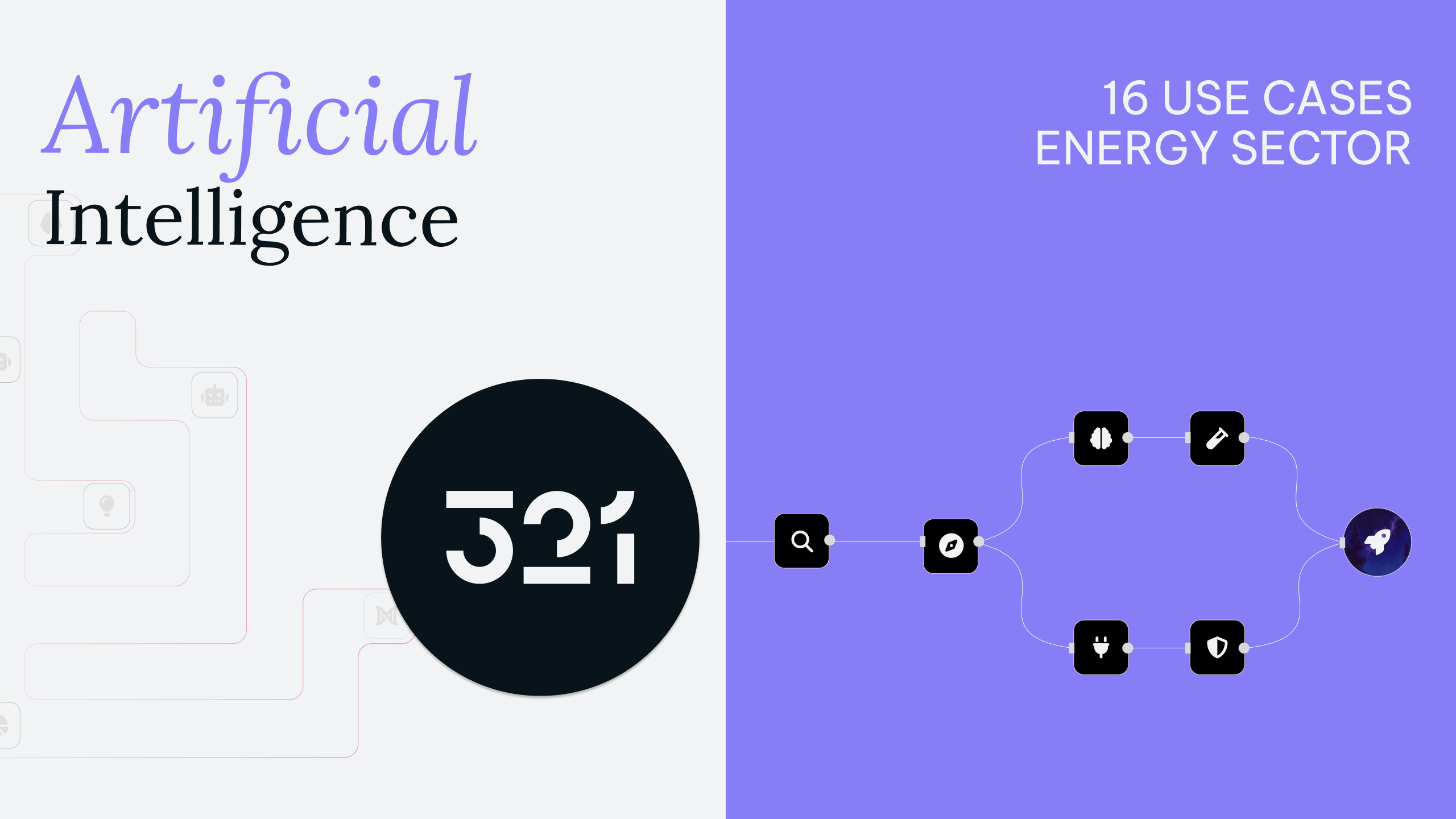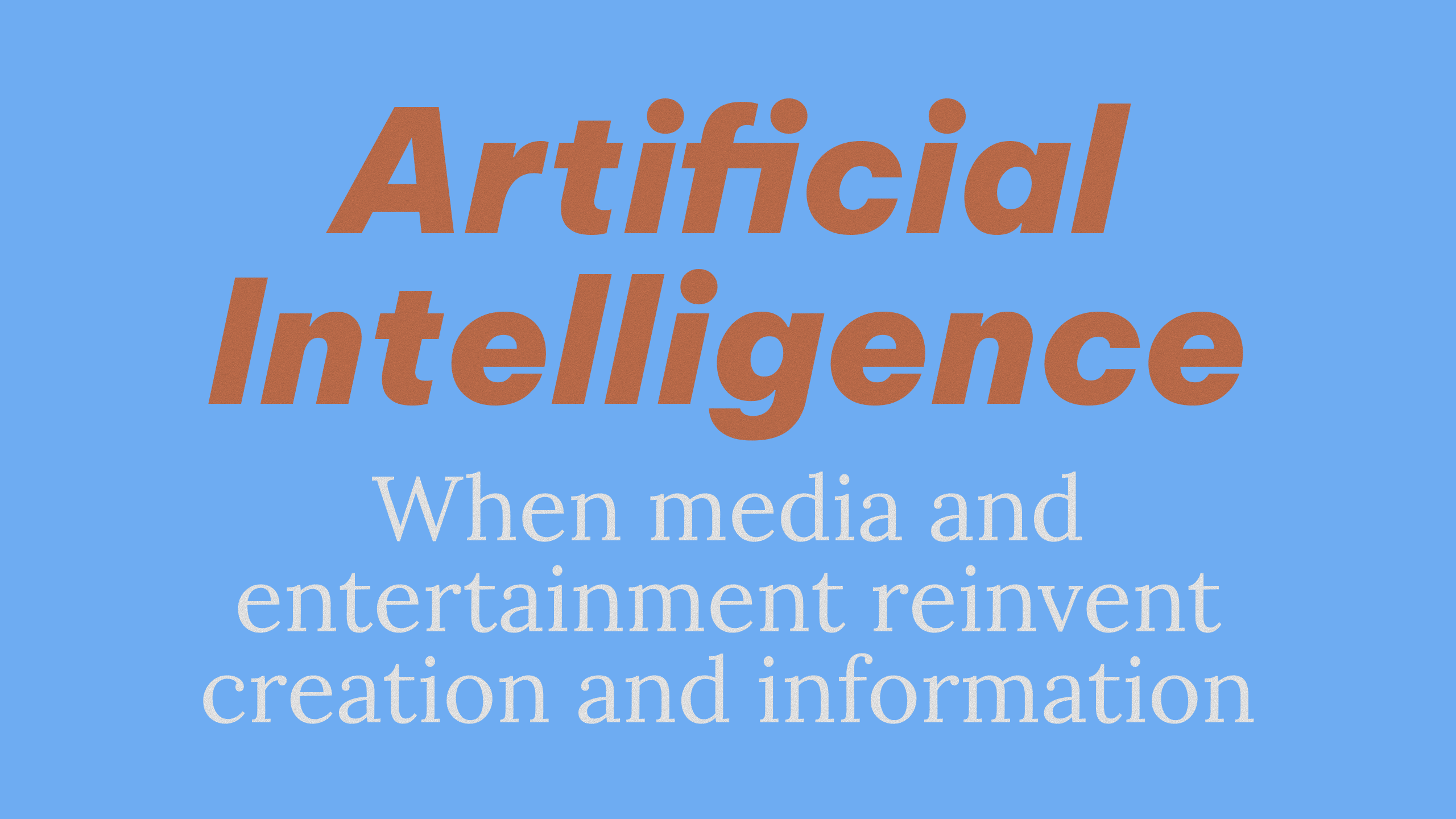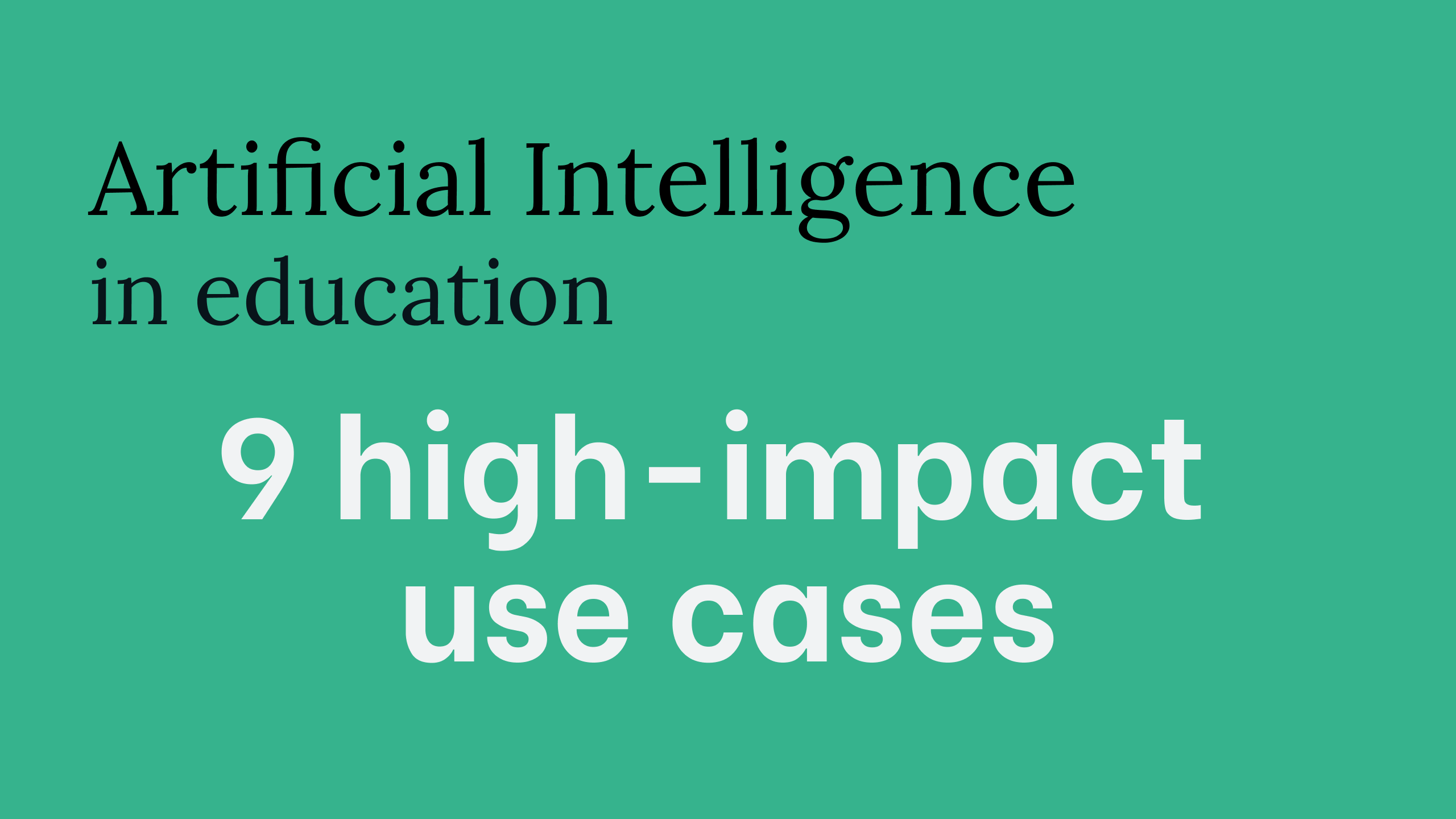AI in the insurance sector: 10 high‑impact use cases
The insurance sector is undergoing a silent metamorphosis. Once a bastion of tradition and immutable procedures, it has become the stage for an unprecedented technological revolution. Generative artificial intelligence (AI) is no longer a futuristic vision it is now an operational reality that is profoundly transforming every business process.
From New York to London, from Zurich to Tokyo, the world’s insurance giants are reinventing their models. They are harnessing the power of advanced language models to tackle their core challenges: improving customer experience, optimizing internal processes, and refining risk assessment. These technologies are moving out of innovation labs and into employees’ daily routines.
The change is radical: intelligent virtual assistants supporting teams, sophisticated predictive systems anticipating risks, and the automation of repetitive tasks that frees up time for human expertise. These concrete applications are reshaping the sector’s landscape.
This article presents ten emblematic initiatives deployed by major players to illustrate how generative AI is becoming a strategic lever for tomorrow’s insurance. Our exploration follows three guiding themes: internal operational efficiency, enhanced customer relationships, and optimized underwriting and risk‑assessment processes.
Generative AI for Internal Operational Efficiency
Liberty Mutual: LibertyGPT yields 1 h 30 of weekly productivity for 25 % of 45 000 employees
Liberty Mutual has taken a decisive step in democratizing AI. Early in 2024 the American insurer rolled out LibertyGPT a secure, internal version of ChatGPT across its 45 000‑strong workforce. The roll‑out is paired with a deep cultural shift driven by targeted training, internal hackathons such as October 2024’s “Ignite AI,” and shared prompt libraries.
Result: 25 % of employees are regular users, gaining an average 1 h 30 per week. Company‑wide, this translates into tens of thousands of hours saved.
“Those who understand the problem best can get the best result from an LLM.”
Tony Marron, Managing Director, Liberty IT
AI is positioned not as a centralized, expert‑only technology, but as an everyday tool accessible to all.

Zurich Insurance: ZuriChat and 500+ AI apps transform global processes
The Swiss giant Zurich Insurance showed remarkable ambition in 2023 with the worldwide deployment of its conversational assistant ZuriChat, designed to optimize internal workflows and enrich customer interactions.
Functions range from automatic document translation and coding assistance to deep text analysis and real‑time call‑center support. ZuriChat sits within a wider ecosystem of more than 500 active AI applications.
Executive upskilling is pivotal: the 2024 “Executive AI Masterclass” (eight 90‑minute modules) equips senior leaders with strategic AI insights.
“Generative AI is fundamentally changing how we work with documents, customer interactions and guidelines.”
Christian Westermann, Group Head of AI, Zurich Insurance
USAA: AI pair‑programming assistant for 70+ development experts
USAA is reinventing its software pipeline with an AI pair‑programming assistant. Spearheaded by CIO Amala Duggirala, the tool generates code, creates automated tests, documents features, and optimizes performance all in real time while collaborative forums share best practices.
Benefits extend beyond productivity: fewer errors, clearer code, and standardized practices at scale. AI acts as a technical co‑pilot, augmenting (not replacing) human expertise.
Generative AI for Customer Relationships and Service
Allstate: Empathetic AI handles 50 000 daily customer communications with 23 000 agents
In claims management—a critical moment for policyholders Allstate has introduced a GPT‑based solution that transforms post‑claim communications. Jargon‑heavy emails are replaced by clear, personalized messages. Agents now review and refine AI‑drafted content, saving significant time.
“Our insurance AI is friendlier than our agents.”
Zulfi Jeevanjee, CIO, Allstate
Early results show marked improvements in customer satisfaction.

Morgan Stanley: AI assistant unlocks 100 000+ internal reports for wealth advisers
Launched in September 2023, “AI @ Morgan Stanley Assistant” (GPT‑4‑based) gives advisers instant, conversational access to the firm’s vast research library. In June 2024, “AI @ Morgan Stanley Debrief” began auto‑summarizing client meetings and drafting follow‑up emails, tightly integrated with Salesforce, Outlook and Zoom. October 2024 saw AskResearchGPT extend similar capabilities to investment‑banking teams.
JPMorgan Chase: Coach AI lifts sales 20 % and targets +50 % clients per adviser
Backed by a 2024 tech budget of USD 17 billion, Coach AI anticipates client questions, integrates proprietary research, and delivers ultra‑reactive, personalized recommendations. Between 2023 and 2024, gross sales rose 20 %; the bank aims to boost client‑to‑adviser ratios 50 % in three to five years.
“AI lets us deliver more personalized, rapid service even amid market volatility.”
Mary Erdoes, CEO, Asset & Wealth Management, JPMorgan
USAA: AI co‑pilot auto‑summarizes thousands of customer interactions
USAA’s second generative‑AI use case pilots an agent co‑pilot that surfaces relevant information during calls and instantly produces detailed post‑call summaries. Result: faster, more precise service and dramatically reduced administrative load freeing advisers to focus on empathy and trust‑building.
Generative AI for Underwriting and Risk Assessment
Allianz UK: BRIAN answers 3 000 questions across 70 documents (800 pages each) for 260 underwriters
The virtual assistant BRIAN instantly extracts key information from massive technical guides, saving hours per underwriter each week. Younger professionals, in particular, see their learning curves accelerate. Allianz plans to expand BRIAN to over 600 underwriters within 12 months.
“This isn’t about replacing decisions, but better equipping our teams.”
Benjamin Blackie, Transformation Business Owner, Allianz UK
.png)
Hiscox: AI cuts underwriting turnaround from 72 h to 3 min
In partnership with Google Cloud, Hiscox uses Gemini‑based generative AI to generate complex sabotage‑and‑terrorism quotes in minutes. After a proof‑of‑concept in December 2023, the system went live in August 2024, issuing its first policy via broker WTW.
“This efficiency reflects the excellent collaboration between Hiscox and Google Cloud.”
Kate Markham, CEO, Hiscox London Market
Kettle: AI‑powered parametric insurance analyzes 130 TB of geospatial data to predict wildfires
The U.S. insurtech’s model ingests 130 terabytes of satellite imagery and spatial datasets, running millions of simulations to offer unprecedented wildfire‑risk precision. Parametric triggers automatically pay out once a fire crosses property boundaries no post‑loss adjustment needed re‑opening coverage in previously uninsurable zones.
.png)
Summary of the 10 AI Use Cases in Insurance
Liberty Mutual · Zurich Insurance · USAA · Allstate · Morgan Stanley · JPMorgan Chase · Allianz UK · Hiscox · Kettle together they show how generative AI is reshaping every link in the insurance value chain.
Conclusion
Generative AI is no longer just another technological wave; it is a tsunami. From internal efficiency to customer relationships and risk assessment, no part of the value chain escapes its radical impact.
Three key lessons emerge:
- Industrial‑scale deployment: AI has left the labs and is embedded in day‑to‑day operations worldwide.
- Augmentation, not substitution: These tools amplify human expertise, freeing staff for high‑value judgment, empathy and creativity.
- Strategic benefits beyond cost: Gains extend to customer experience, time‑to‑market acceleration, and sharper risk evaluation.
Adopting generative AI is now a strategic imperative for insurers intent on remaining competitive. The pioneers highlighted here chart a course the entire sector must follow.
The future of insurance lies at the convergence of human expertise and artificial intelligence. Firms that orchestrate this complementarity will deliver more personalized, responsive protection putting technology in service of people, not the other way around.
Strategic Recommendations for Insurers
- Prioritize data readiness and modern infrastructure
Data is the lifeblood of generative AI. Investment in governance, quality and cloud migration is a prerequisite. - Adopt a “human‑in‑the‑loop” augmentation approach
Systems should support, not supplant, human decision‑makers building trust and mitigating hallucination‑risk. - Embed ethics and governance from day one
Robust frameworks for bias mitigation, transparency and privacy are essential to preserve customer trust and regulatory compliance. - Cultivate continuous learning and organizational adaptability
Rapid tech evolution demands ongoing upskilling, controlled experimentation and agile teams. - Focus on high‑impact use cases plan for scalability
Start with quick wins that solve significant business pain points, but architect them for enterprise‑wide scale.
Insurers that implement these recommendations will not merely become more efficient; they will fundamentally redefine their value proposition. The challenge is vast but so are the opportunities.




